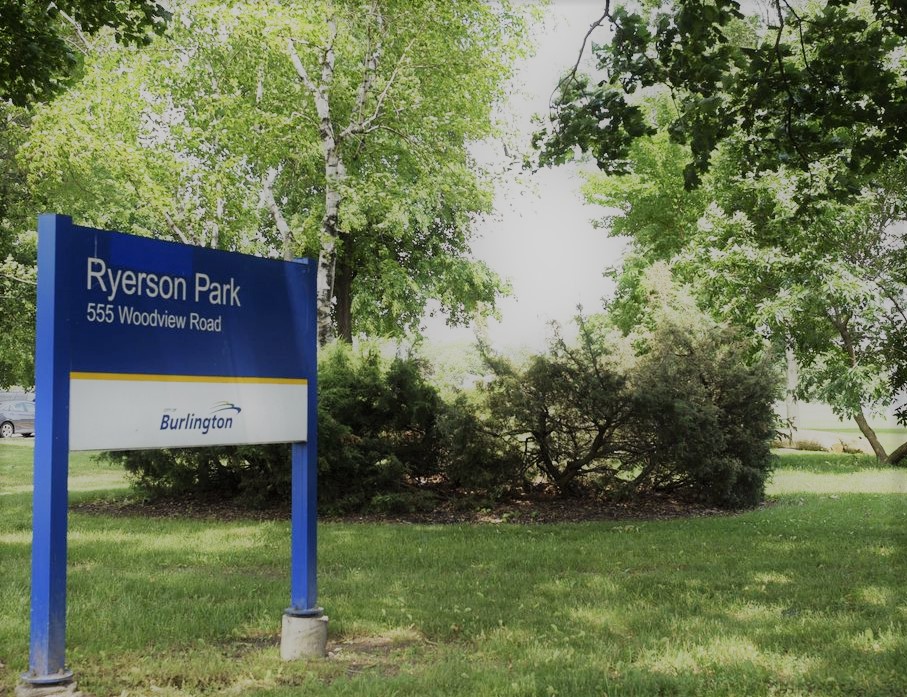Burlington’s complex and controversial private tree bylaw took a beating at the most recent meeting of the city’s Environment, Infrastructure and Community Services Committee. An Aldershot resident was among those piling on.
Staff proposed shifting the majority of the costs related to the bylaw away from taxpayers and back to the people who are removing the trees. They would do this by raising user fees. They predicted that the annual cost of administering the bylaw will be about $417,200. Under the existing rules, taxpayers pick up 70% of that cost. The new proposal put to the committee would reduce the taxpayer contribution to just 30%, while placing a bigger burden on property owners removing private trees.
The report and staff presentation were highly detailed and included a variety of variables, formulas, charts, and tables that tended to confuse the committee members. It was not well received.
“I have been completely unable to understand the numbers in this report. I’m struggling like crazy. I don’t know what we’re looking at,” said Councillor Paul Sharman, who chaired the meeting last week.
Councillor Angelo Bentivegna described the discussion as “difficult,” adding: “I feel I am approving the 2022 budget piecemeal.”
“I’m uncomfortable with some of the seemingly onerous fees that could be incurred…we really were not out to financially penalize people, with a tax-grab feel to it,” said Mayor Marianne Meed Ward.
In the end, the committee decided to do nothing for now and asked staff to bring the matter back for more discussion at a future meeting.
City Manager Tim Commisso summed up the moment. “I think it’s really a question of understanding what in fact it means…I would like the opportunity to look at it further, in conjunction with staff and the CFO [Chief Financial Officer].”
Councillor Kelvin Galbraith said that most of the city’s trees are south of the QEW and Highway 403, meaning that residents in his ward are paying a disproportionate cost of administering the private tree bylaw. He supported the idea that the broader tax base should pick up more of the costs.
“They [Ward 1 property owners] are paying a much greater portion of the fees, and almost being penalized because they have trees. …They are paying a greater portion of replacing the canopy than those who don’t have trees. …We all want trees. We want the canopy to grow, but [the cost] should be dispersed more evenly.”
City Hall has always felt that some of the cost of the tree bylaw should be paid by taxpayers as a whole since trees, regardless of who owns them, are considered a community asset.
Earlier, Aldershot resident Mike Morris spoke to the committee indicating that he represented a group of 24 townhouses that are in the process of replacing trees at their condominium development. He doesn’t like the bylaw.
“The size of just the fees to the city for replacement under the bylaw will run into the tens of thousands of dollars for our owners. That’s not for the removing and planting of new trees, but just payments to the city. The net benefit to our owners of these enormous city fees is nil, no benefit whatsoever. We are not removing a single tree. We are replacing them.”
He added that the recommended changes put forth by staff would make the situation worse.
Mr. Morris also complained that the language in the bylaw is disturbing. “The language is clearly intended to portray anyone who wishes to replace a tree…in a very bad light. There is no need for such language nor such a tone in the bylaw. It is clearly intended to create an impression [that] anyone who disagrees is responsible for injury and destruction and needs to be educated and pay compensation.” He called on members of the committee to reject the proposed fee hikes adding, “If an owner needs to replace their tree on their property, that’s fine. Replace it. And remember too that it is the owner’s tree. It is not the city’s.”
Among the suggested fee increases put forward by staff were: introduction of an application fee, introduction of a separate fee for removal and injury, increasing the fee for a second tree and subsequent removal, introduction of an additional administrative fee to compensate for staff resources and introduction of a tree replacement security deposit.
Staff reported that 1,240 private trees were removed in 2020, with 1,015 subject to replacement. The most frequently removed trees were ash, followed by maple, cedar, and spruce.
Staff is anticipating a 50% increase in tree removal applications in 2021.
According to City Hall, the goal of the private tree bylaw is to grow the city’s tree canopy to 35% by 2040 in order to help address the climate emergency.





